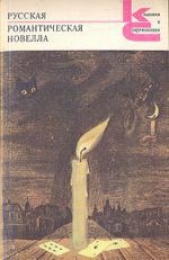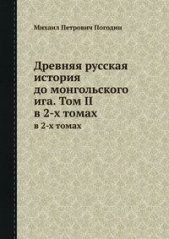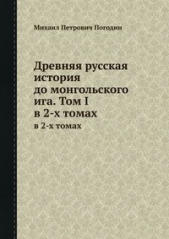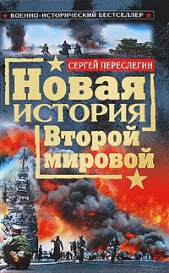Паралогии
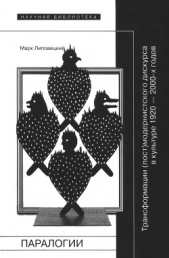
Паралогии читать книгу онлайн
Новая книга М. Липовецкого представляет собой «пунктирную» историю трансформаций модернизма в постмодернизм и дальнейших мутаций последнего в постсоветской культуре. Стабильным основанием данного дискурса, по мнению исследователя, являются «паралогии» — иначе говоря, мышление за пределами норм и границ общепринятых культурных логик. Эвристические и эстетические возможности «паралогий» русского (пост)модернизма раскрываются в книге прежде всего путем подробного анализа широкого спектра культурных феноменов: от К. Вагинова, О. Мандельштама, Д. Хармса, В. Набокова до Вен. Ерофеева, Л. Рубинштейна, Т. Толстой, Л. Гиршовича, от В. Пелевина, В. Сорокина, Б. Акунина до Г. Брускина и группы «Синие носы», а также ряда фильмов и пьес последнего времени. Одновременно автор разрабатывает динамическую теорию русского постмодернизма, позволяющую вписать это направление в контекст русской культуры и определить значение постмодернистской эстетики как необходимой фазы в историческом развитии модернизма.
Внимание! Книга может содержать контент только для совершеннолетних. Для несовершеннолетних чтение данного контента СТРОГО ЗАПРЕЩЕНО! Если в книге присутствует наличие пропаганды ЛГБТ и другого, запрещенного контента - просьба написать на почту [email protected] для удаления материала
Part Three, «Late Postmodernism» engages the now widespread assumptions about «the end of postmodernism,» arguing that postmodernism continues to dominate the post-soviet cultural scene, even under the conditions of the «neo-traditionalist turn» of the Putin period (as defined by Boris Dubin and Lev Gudkov). However, in the new socio-cultural situation, postmodernism undergoes radical changes as it enters the phase defined by Douwe Fokkema as «late postmodernism.» According to Fokkema, this phase in postmodernist development is defined by its focus on issues of identity, its (de)construction and problematization. These issues acquired special intensity in the culture of the Putin period, with its emphasis on national pride and the persistent production of the enemy imagery and rhetoric, «negative identification» and attempts to restore the past «grand narratives.» Characteristically, postmodernism in this period is adopted by popular neo-traditionalist discourses, resulting in the production of simulacra of ‘grand narratives,’ as this phenomenon is termed in Paralogies as «Post-Sots» and illustrated by the analysis of Alexey Balabanov’s films Brother-2 and War. Yet postmodernist involvement in these processes is not limited by Post-Sots. In a more general sense, «late postmodernism» generates the transformation of «explosive aporia» into «explosive hybrid» — still conflicting yet more stable models of identity. Lipovetsky explores these models through the analysis of such phenomena as Vladimir Sorokin and Alexander Zeldovich’s film Moscow (2001) as a foreshadowing of the neo-traditionalist turn and its dead-ends; the strategy of styob as the ironic adoption and simultaneous deconstruction of post-soviet «negative identities» as exemplified by the action-performatist group Blue Noses; contemporary myth-making based on the hybridization of traditionalist and (post)modernist identities, as reflected in Vladimir Sorokin’s «ice trilogy» and Viktor Pelevin’s The Sacred Book of a Werefox; through contemporary forms of autobiographical narratives (Lev Rubinshtein and Grisha Bruskin); through figures of mediators seeking a compromise between pre- and postmodern concepts of identity in Boris Akunin’s mystery novels and in Alexander Rogozhkin’s film The Cuckoo; through the role of violence in the contemporary rhetorics of identity exposed and investigated by the «New Drama,» and especially in the Presnyakov brothers’ philosophical farces. Despite the diversity of these strategies, the nexus of all covert and overt paralogies in post-soviet «late postmodernism» is invariably situated in the plot-line of the other. Its development (or the lack thereof), Lipovetsky concludes, will define not only the vectors of evolution for Russian postmodernism, but also the outcome of the explosive relationship between the neo-traditionalist and (post)modernist versions of identity-construction in post-soviet Russia.
